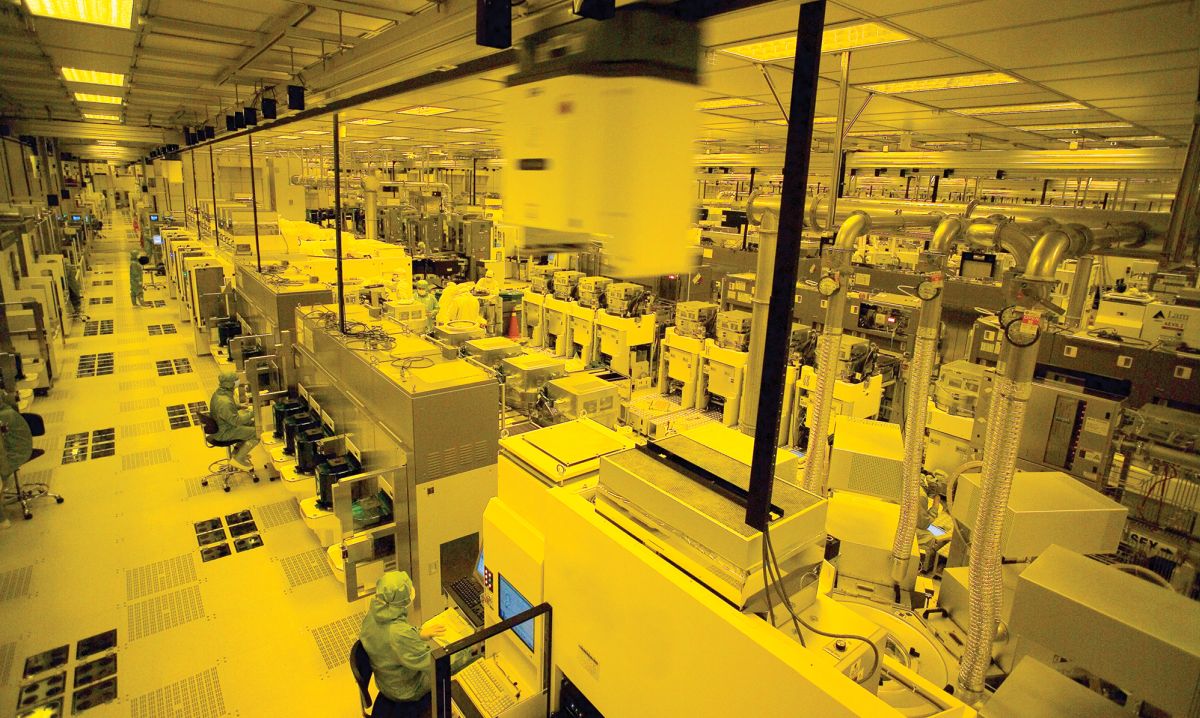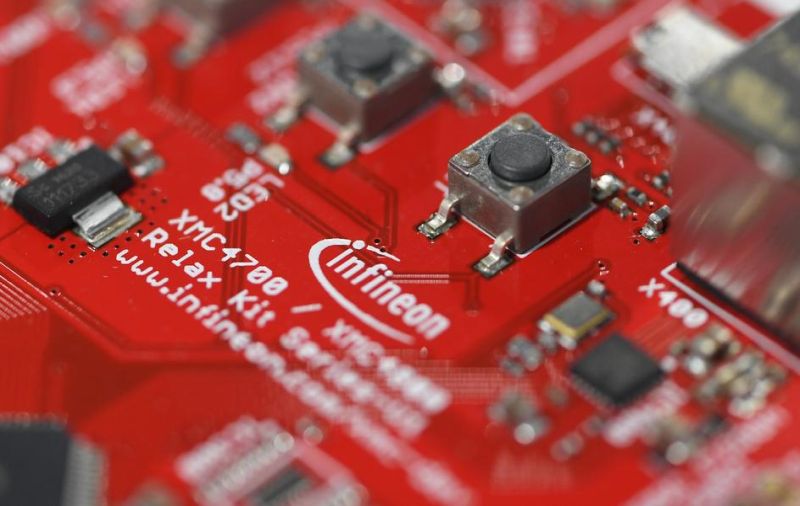At this point, we’ve probably lost count over the number of times that someone or a news report has mentioned that the ongoing chip shortage is likely to last well into the next year. This report isn’t that different with all but one exception: Malaysia is now being fingered as a potential contributor and more specifically, our high number of COVID-19 cases.
According to Bloomberg, Infineon Technologies AG, NXP Semiconductors NV, and STMicrolectronics NV – all semiconductor suppliers with factories in Malaysia – have had little choice but to shut down and reduce production at some of their plants, due to several members of its staff having tested positive for COVID-19.

These shutdowns were in line with our country’s guidelines in dealing with the spread of the virus; factories that have more than three infected employees must stop all activities and close for a period of two weeks. In order to allow for sanitisation and close contact tracing to be done.
Some of you may be wondering why the production disruption in Malaysia even matters, especially when compared to semiconductor chains that come out of countries like Taiwan and South Korea. That is because, despite its relative size in the global chain, we are still where finished chips are tested and packaged. One industry that has been adversely affected is the automotive industry; Ford Motor announced last week that the production of one of its truck would have to be suspended temporarily. Primarily due to a “semiconductor-related part shortage” that was brought about due to Malaysia’s COVID-19 situation.

Malaysia saw a surge in COVID-19 cases back in May, when cases exponentially shot up from an average of 4000 cases to 9000 cases in June – dominated by the more infectious Delta variant – the latter having finally triggered a response from the former government administration to enter a lockdown, which is still in effect. Sadly, despite the lockdown, average daily cases have steadily gotten higher, with yesterday’s daily infected being 20837 cases.
Needless to say, the disruption have also dented the coffers and operational capabilities of the affected companies. Infineon, for example, says that the shutdowns cost the company tens of millions of euros, while STMicro says that its most recent shutdown has reduced its ability to serve customers significantly.
(Source: Bloomberg, Techspot // Image: Techspot)
Follow us on Instagram, Facebook, Twitter or Telegram for more updates and breaking news.


